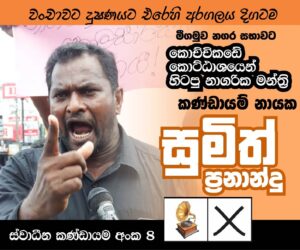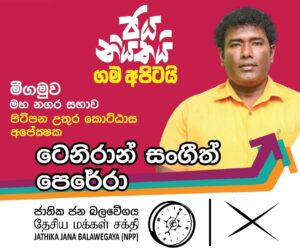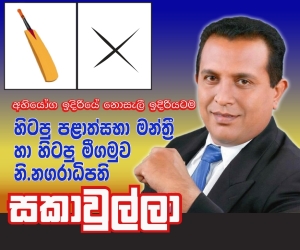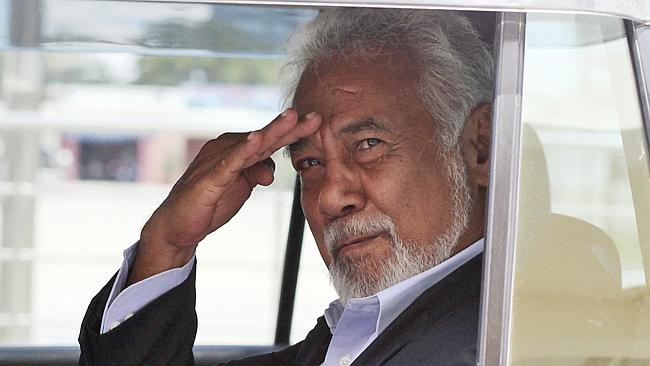WHILE another Australian prime minister fights to stay in the job, across the Timor Sea to our north in Timor-Leste, Xanana Gusmao is quietly and peacefully handing over the prime ministerial baton.
Gusmao has been in the top job for the past seven years — the same period I was premier of Victoria — and he is also leaving on his own terms.
Timor-Leste has been transformed under his leadership. During his time in office the Petroleum Fund has increased from $1.8 billion in 2007 to $17bn last year, and the country has jumped 14 places on the annual UN Human Development Program Report as a result of improvements in health, education and other services.
His most important legacy, however, is one we take for granted in Australia, peace.
Given the suffering and trauma of the Timorese population during the 24-year Indonesian occupation, this was no easy feat.
Independence was not an instant panacea for his people’s pain. It is hard enough governing a 200-year-old Westminster democracy with a professional bureaucracy and educated, healthy population — just ask Tony Abbott — yet Gusmao and his team of inexperienced ministers had to build a nation from scratch, a new system of government, a new justice system, public sector, hospitals and schools.
At a time when, according to the UN, the people of Timor-Leste were some of the poorest, and malnourished in Asia, I saw first-hand the extent of the challenge when I became Gusmao’s special adviser soon after he was elected in 2007.
At that time more than 100,000 displaced people were living in tents in and around Dili, too scared to go back to their villages because a group of disaffected and former soldiers were holed up in the mountains. Dili looked and felt like a war zone. Xanana told me on numerous occasions that no amount of investment in schools or medical centres was going to make any difference if parents were too scared to let their children out of their sight.
He set about “buying the peace”. This phrase has been thrown at him as a criticism but Gusmao is not embarrassed about using transfer payments to ensure the benefits of income from the nation’s petroleum reserves were spread far and wide.
Veterans, widows, the disabled, the elderly all began to receive pensions.
Small capital works schemes were established to get money flowing in the districts where contracts to fix bridges, schools, medical clinics and roads were offered to villagers.
The rebels were coaxed out of the mountains and then displaced families were offered one-off payments to go home. It worked. The UN had said it would take 10 years to resettle the population — Gusmao’s team did it in two.
Xanana Gusmao turns 70 next year and has been politically engaged for decades (17 years in the resistance, seven years leading the resistance from jail in Indonesia, five years as president of Timor-Leste and more than seven as Prime Minister).
For at least the past year he has been working on a strategy to transition to a new leadership team without triggering political instability.
His plan involves bringing new talent into the ministry, including members of the former opposition, and most significantly, it involves him staying on in the ministry in another role.
This may sound unorthodox, but what better way is there for him to step back and allow a new generation to step up and yet still be there to help with the transition?
There is a lesson in that for Tony Abbott and his fractured team.
Steve Bracks is special adviser to Prime Minister Xanana Gusmao.
















